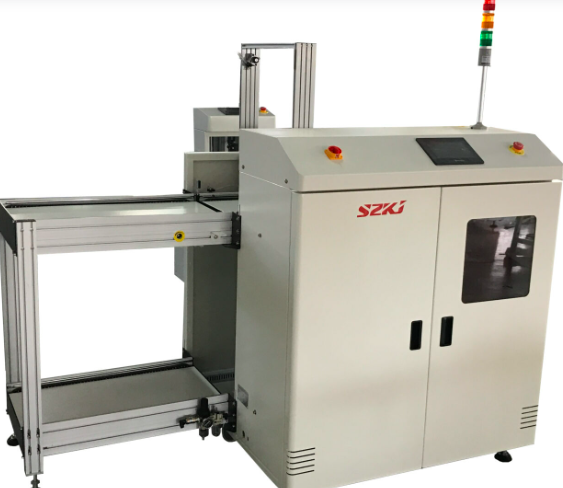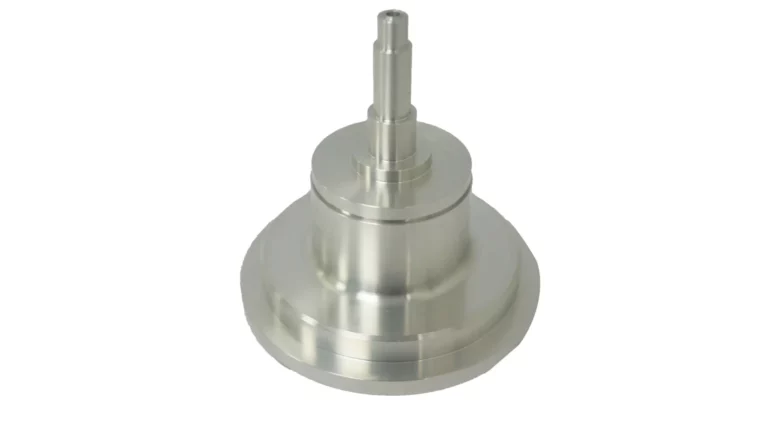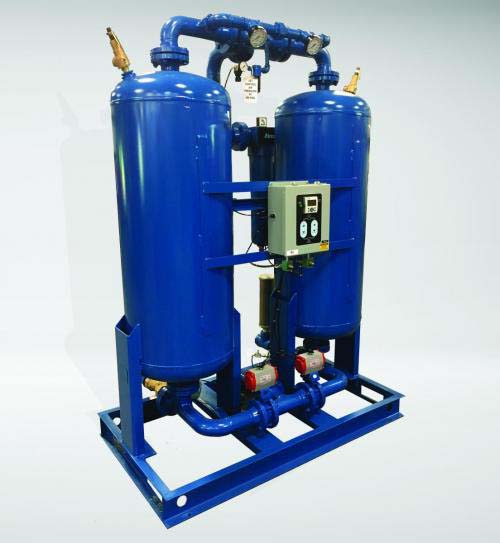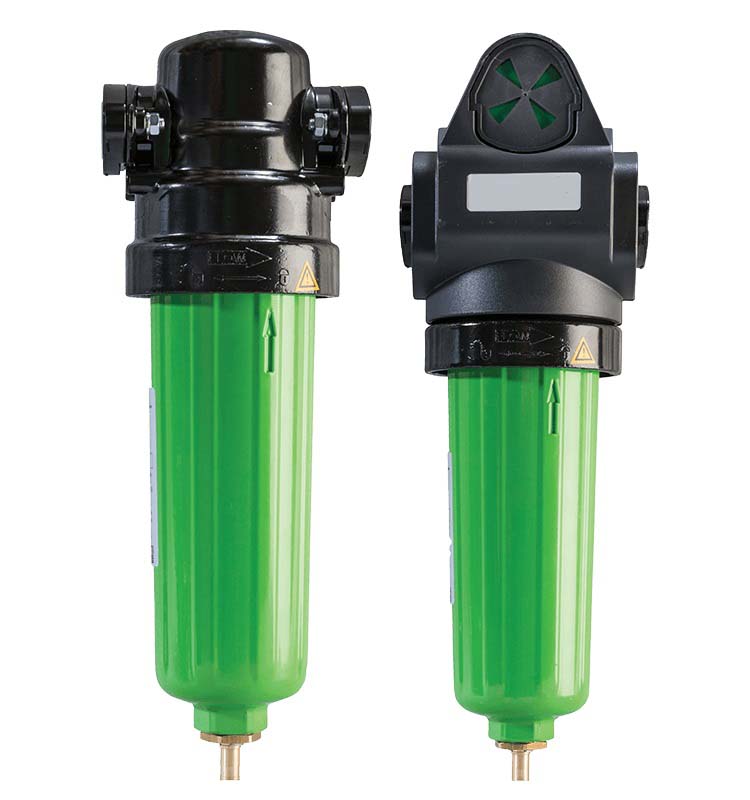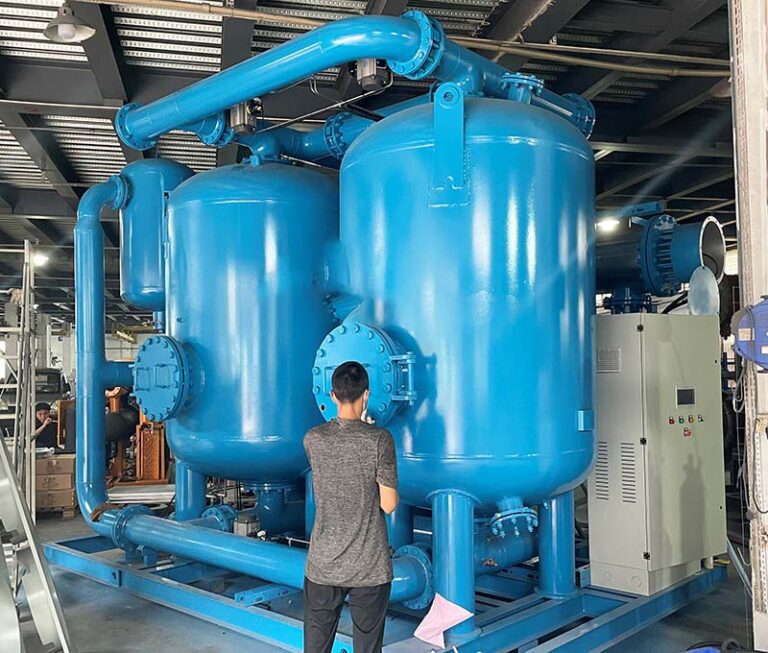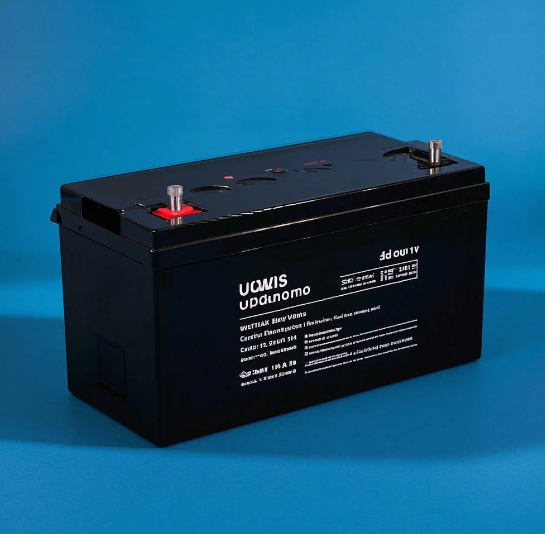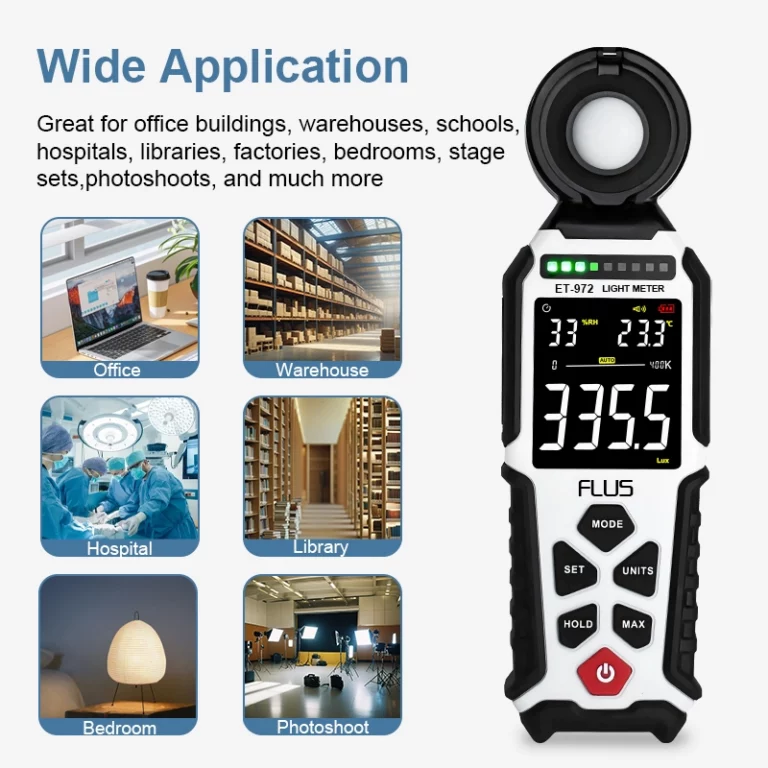目录
ToggleAs the demand for renewable energy sources grows, solar power has become a popular and sustainable energy solution. A critical part of any solar system is the energy storage component, and for many users, a lithium battery for solar has proven to be the ideal choice. However, with various options available, choosing the right lithium battery for solar can be challenging. In this article, we will explore key factors to consider when selecting a lithium battery for solar systems, ensuring you make an informed decision that meets your energy needs.
1. Assess Your Energy Requirements
Before purchasing a lithium battery for solar, the first step is to evaluate your energy consumption. Understanding how much energy you typically use during the day and night will help determine the size of the battery you need. Residential users may want to store enough energy for use in the evening or on cloudy days, while commercial installations might need much larger storage capacities. Tools like energy meters or an energy audit can give you precise data about your energy consumption.
Choosing a lithium battery for solar that matches your energy requirements is crucial, as selecting a battery that’s too small could leave you without enough power during non-sunny periods, while an oversized battery could lead to unnecessary costs.
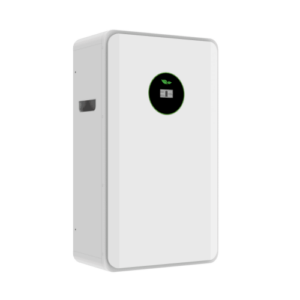
2. Capacity and Depth of Discharge (DoD)
When evaluating a lithium battery for solar, capacity and depth of discharge (DoD) are two important specifications. Capacity is measured in kilowatt-hours (kWh) and indicates how much energy the battery can store. On the other hand, DoD refers to the percentage of the battery’s capacity that can be used before the battery needs to be recharged. Most lithium batteries for solar systems have a high DoD, often around 80-90%, meaning you can use most of the stored energy without negatively impacting the battery’s lifespan.
It’s essential to balance the required capacity with a battery’s DoD to maximize the efficiency of your lithium battery for solar system.
3. Battery Efficiency
Battery efficiency is a key consideration when choosing a lithium battery for solar. The higher the efficiency, the less energy is lost during the charge and discharge cycles. Lithium-ion batteries are known for their high round-trip efficiency, often reaching around 90% or higher. This means you’ll store and release almost all of the energy generated by your solar panels with minimal loss.
By selecting a highly efficient lithium battery for solar, you can ensure that your system operates optimally, providing reliable and consistent power even during periods of low solar generation.
4. Battery Lifespan and Warranty
A lithium battery for solar is a significant investment, so it’s important to consider its lifespan and warranty. Most lithium batteries have a lifespan of 10-15 years, significantly longer than traditional lead-acid batteries. The warranty for lithium batteries typically ranges from 5 to 10 years, and it’s important to choose a product that offers good warranty coverage to protect your investment.
Look for a battery with a high cycle life, typically 3,000 to 5,000 charge cycles, which ensures that your lithium battery for solar continues to perform efficiently over the long term.
5. Compatibility with Solar System Components
Before purchasing a lithium battery for solar, make sure it is compatible with your existing solar system. Compatibility with your solar inverter and other components is essential for smooth integration. Many lithium batteries come with integrated inverters, while others are designed to work specifically with certain brands or types of inverters. Ensure that your battery and solar components work together to avoid potential issues during installation and operation.
Conclusion
Choosing the right lithium battery for solar is a critical step in maximizing the efficiency and longevity of your solar energy system. By assessing your energy needs, understanding key specifications such as capacity, DoD, efficiency, and lifespan, and ensuring compatibility with your system, you can make an informed decision. A well-chosen lithium battery for solar will not only provide reliable and sustainable energy storage but also offer long-term cost savings and environmental benefits.
With the growing popularity of solar energy, selecting the right lithium battery for solar can help you optimize your energy use, reduce your carbon footprint, and make the most out of your renewable energy investment.
0
